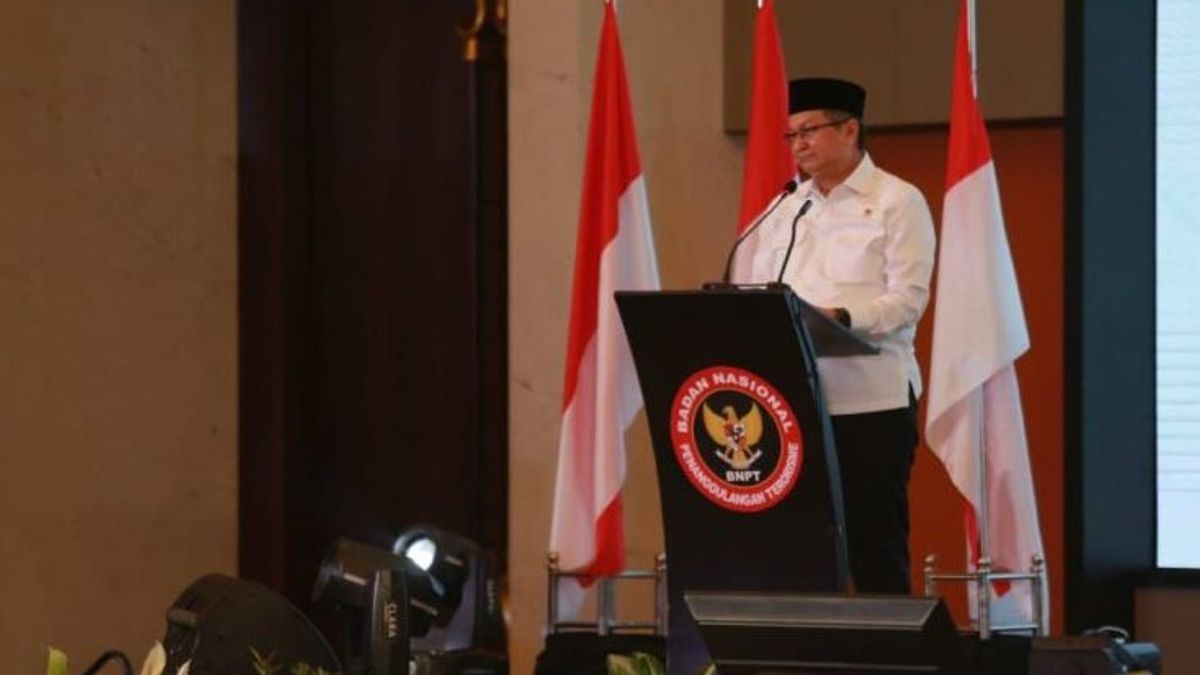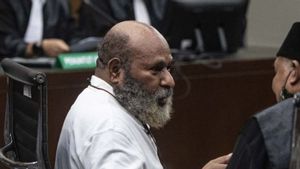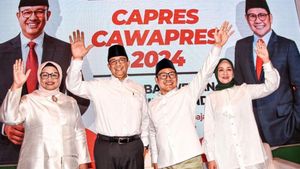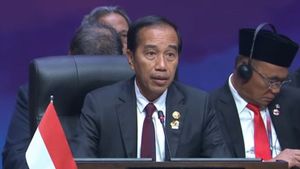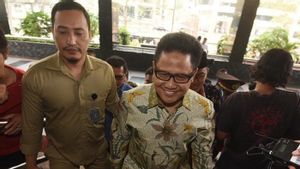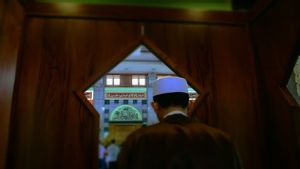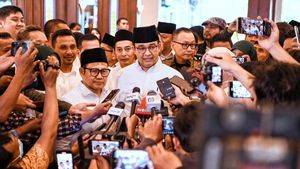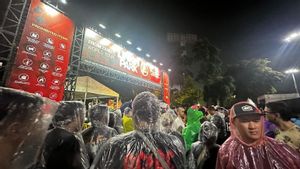JAKARTA - Head of the National Counterterrorism Agency (BNPT) Komjen Pol. Rycko Amelza Dahniel explained his complete views regarding the proposed mechanism for controlling houses of worship as an effort to prevent radicalism.
Rycko explained that the control mechanism in places of worship was proposed by emphasizing the importance of involving the local community in supervision, not full and unilateral control by the government.
"Regarding the use of places of worship to spread hatred, violence, the control mechanism means that it is not the government that controls it. The control mechanism can grow from the government and the community," Rycko said in a written statement, Wednesday, September 6, which was confiscated by Antara.
According to Rycko, the control mechanism does not require the government to take direct control, but a mechanism that can grow from the government and society.
He also explained that mosque administrators and local religious leaders could play a role in reporting any potentially radical activities or teachings.
The proposed approach, added Rycko, is to involve religious and community leaders in monitoring and giving warnings to individuals involved in the spread of hate messages and violence.
Rycko also emphasized that the government will not be able to control all places of worship in the country.
"From local religious figures or people who know that places of worship are used to spread hatred, spread violence, it must be stopped," said the Head of BNPT.
SEE ALSO:
Rycko added that those who were indicated to spread the idea of violence and religious anti-moderation could be called, educated, given understanding, reprimanded and warned by local authorities.
If there is resistance or repeats the same thing, said the Head of BNPT, then the public can follow up on this by contacting the local authorities.
"If the government controls it, it won't be able to," he said.
Furthermore, BNPT has conducted comparative studies to several countries, such as Singapore, Malaysia, Oman, Qatar, Saudi Arabia, and Morocco which have implemented direct government control over places of worship.
However, Rycko realized that the situation in Indonesia was different. Therefore, he proposed a control mechanism that is collaborative with the local community by involving religious, traditional, and cultural leaders as a more suitable alternative to the Indonesian context.
The Head of BNPT proposed a religious moderation mechanism in houses of worship when responding to a statement by a member of Commission III DPR RI Inspector General Pol (Ret.) Safaruddin who alluded to the existence of employees of PT Kereta Api Indonesia (KAI) who were exposed to radicalism in a meeting with Commission III of the DPR RI, Monday (4/9).
Safaruddin said that there is a mosque in the Pertamina Balikpapan area, East Kalimantan, whose da'wah content often criticizes the government.
"In East Kalimantan, it is in Balikpapan, sir, it is Pertamina's mosque, but every day criticizes the government there, sir," said Safaruddin, quoted from the same written statement.
The English, Chinese, Japanese, Arabic, and French versions are automatically generated by the AI. So there may still be inaccuracies in translating, please always see Indonesian as our main language. (system supported by DigitalSiber.id)
